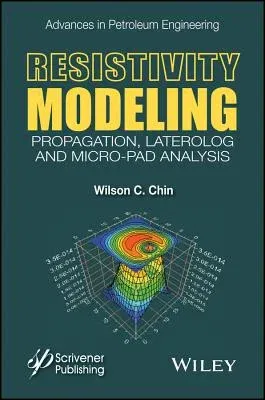Resistivity logging represents the cornerstone of modern petroleum
exploration, providing a quantitative assessment of hydrocarbon bearing
potential in newly discovered oilfields. Resistivity is measured using
AC coil tools, as well as by focused DC laterolog and micro-pad devices,
and later extrapolated, to provide oil saturation estimates related to
economic productivity and cash flow. Interpretation and modeling
methods, highly lucrative, are shrouded in secrecy by oil service
companies - often these models are incorrect and mistakes perpetuate
themselves over time.
This book develops math modeling methods for layered, anisotropic media,
providing algorithms, validations and numerous examples. New electric
current tracing tools are also constructed which show how well (or
poorly) DC tools probe intended anisotropic formations at different dip
angles. The approaches discussed provide readers with new insights into
the limitations of conventional tools and methods, and offer practical
and rigorous solutions to several classes of problems explored in the
book.
Traditionally, Archie's law is used to relate resistivity to water
saturation, but only on small core-sample spatial scales. The second
half of this book introduces methods to calculate field-wide water
saturations using modern Darcy flow approaches, and then, via Archie's
law, develops field-wide resistivity distributions which may vary with
time. How large-scale resistivity distributions can be used in more
accurate tool interpretation and reservoir characterization is
considered at length. The book also develops new methods in "time lapse
logging," where timewise changes to resistivity response (arising from
fluid movements) can be used to predict rock and fluid flow properties.

